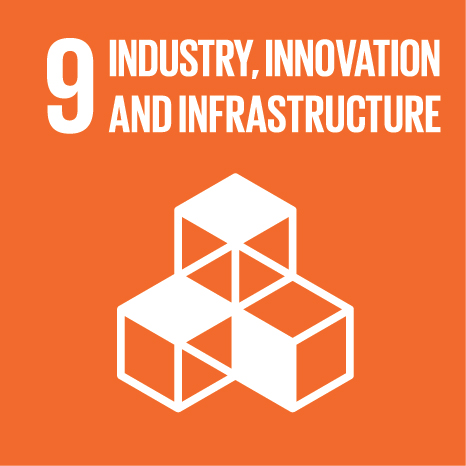 +265(0)111 624 222
+265(0)111 624 222 research@unima.ac.mw
research@unima.ac.mw Chirunga-Zomba, Malawi
Chirunga-Zomba, Malawi
Technology-Enhanced Teacher Professional Development: The Experience of a Digital EdTech Start-Up in Malawi
Abstract
Digital technologies such as social media, mobile and information tools can mediate teachers’ and teacher educators’ professional development and learning. Using technology for professional learning becomes particularly necessary in contexts where practitioners do not own their professional development, are limited by time and space, and there is an urgency to facilitate deep and reflective practice (Kidd and Murray, Professional Development in Education 39:165–167, 2013). Kidd and Murray, Professional Development in Education 39:165–167 (2013) observe that while there is a growing body of knowledge about developing technology competencies for teachers and teacher educators, the role of technology as a conduit for teachers’ and teacher educators’ professional development and learning is often overlooked among researchers. This chapter explores technology-enhanced teacher professional development using the experience of a digital Education Technology (EdTech) start-up, Padziwe (https://padziwe.org/teachers.php) in Malawi. The authors use a model inspired by the work of Jung, Educational Technology & Society 8:94–101 (2005) as an analytical framework. Technology-enhanced professional learning is here defined as using digital technology for teachers’ professional learning. By clarifying technology integration into teachers’ professional development and education, the case study contributes to increasing teacher educators’ awareness of significant approaches, content areas, and design of technology-enhanced professional learning for teachers working in contexts like Malawi. The chapter concludes by suggesting areas for further research in the domain of technology-enhanced professional development of teachers.
| Original language | en |
| Pages (from-to) | 197-211 |
| Publication status | Published - 2022 |
UN SDGs
This research output contributes to the following United Nations (UN) Sustainable Development Goals (SDGs)

License
https://www.springer.com/tdmUN SDGs
This research output contributes to the following United Nations (UN) Sustainable Development Goals (SDGs)

License
https://www.springer.com/tdmUN SDGs
This research output contributes to the following United Nations (UN) Sustainable Development Goals (SDGs)

License
https://www.springer.com/tdm